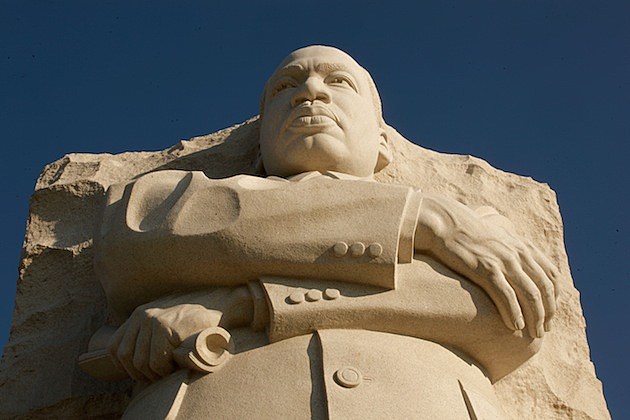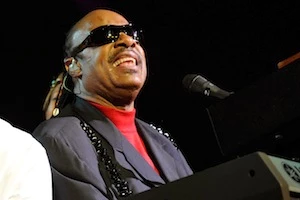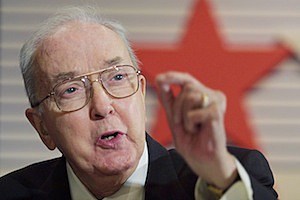
5 Things You Didn’t Know About Martin Luther King Jr. Day

Giving a day of commemoration to one of the world's most instrumental civil rights leaders whose peaceful words and deeds contributed to a whole new understanding of equality and brotherhood seems like a no-brainer. Martin Luther King Day's history, however, was fraught with controversy and took years just to get on the federal government's official calendars.
And even after the federal government officially recognized MLK Day as a holiday, it took years to get the states to do the same. Eventually both sides recognized Martin Luther King Day as an official holiday and even erected a memorial in Washington, D.C. in his honor, but the history of the holiday makes for just as much of an interesting read as the man whose legacy the day aims to honor. Here is just a sample of MLK Day's storied fall and rise to the nation's calendars.

Alex Wong, Getty
The first MLK Day bill was submitted four days after King's death

Ethan Miller, Getty
Stevie Wonder was instrumental in getting MLK Day recognized

Manny Ceneta, Getty
Jesse Helms and John McCain vehemently opposed MLK Day

Ethan Miller, Getty
Arizona lost Super Bowl XXVII for refusing to recognize MLK Day

Open Clipart Library
South Carolina was the last state in the Union to recognize MLK Day
More From KZCD-FM




![Hank Williams Jr. Dropped From ‘Monday Night Football’ After Obama ‘Hitler’ Remark [VIDEO]](http://townsquare.media/site/115/files/2011/10/Hank-Williams-Jr.-fox-friend1.jpg?w=980&q=75)

